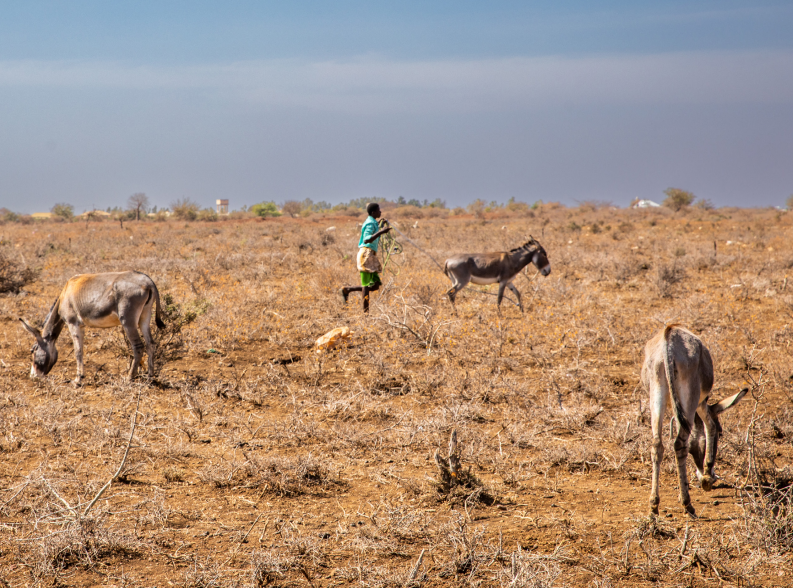Coping with the Drought Crisis in Somalia: Formative Research Findings from the Resilience Population-Level Measurement (RPM) Activity
Explore key findings and recommendations from the Somalia Resilience Population-Level Measurement (RPM) Activity.
Image

This report presents the key findings and recommendations from the formative research phase of the Resilience Population-Level Measurement (RPM) Activity in Somalia. The activity aims to improve resilience measurement and inform decision-making during crises. The research focused on understanding effective coping mechanisms, reliance on social networks and psychosocial determinants of household resilience during the drought crisis in Somalia.
Effective Coping Mechanisms
The drought crisis in Somalia has severely impacted livelihoods, food security and health outcomes. The study found evidence of downstream effects, such as increased divorce rates, child marriage and intimate partner violence. Positive deviant households, despite facing similar drought severity, demonstrated better coping and resilience. They had higher levels of food security, with more regular meals. Access to credit, multiple sources of income and engagement in skilled labor activities were crucial coping capacities for positive deviant households. Diversifying livelihoods through small businesses and participating in savings groups helped households sustain their livelihoods during the drought.
Recommendations:
-
Invest in vocational training, savings groups and long-term, resilience-focused activities to enhance livelihood diversification.
-
Monitor household debt cycles and patterns to ensure the effectiveness of cash-based interventions and identify opportunities to strengthen local markets.
Reliance on Social Networks
Households in Somalia rely on social networks for various types of support, including cash, food, information and emotional assistance. Well-connected households, particularly those with ties to urban areas and the diaspora, were more capable of accessing support. Informal support networks have played a vital role in ensuring the survival of vulnerable households. However, these networks have become strained over time, making it increasingly challenging for households to share resources. Many households reported having no support sources, mainly due to the protracted nature of the drought and reduced capacity for mutual assistance.
Recommendations:
-
Improve targeting approaches to minimize social exclusion and tensions.
-
Strengthen informal support networks by partnering with local community actors and leveraging their knowledge and access.
Psychosocial Determinants of Household Resilience
Optimism, a commitment to hard work, social connections and seeking solace in religion and spirituality were identified as key psychosocial factors contributing to resilience. Participants described finding purpose and engaging in meaning-making during difficult circumstances, reinforcing the importance of community and internal locus of control. Community and religious leaders played a significant role in providing emotional support and mobilizing resources. However, households reported increased feelings of sadness, being overwhelmed, and an inability to cope since the onset of the drought. Mental health support was primarily sought from doctors/counselors, family or friends, and nongovernmental organizations (NGOs).
Recommendations:
-
Invest in locally relevant mental health and psychosocial support (MHPSS) interventions, focusing on key support sources within communities.
-
Design resilience activities to strengthen psychosocial factors, including informal support networks and social connectedness.
The formative research findings from the RPM Activity shed light on effective coping strategies, reliance on social networks and psychosocial determinants of resilience during the drought crisis in Somalia. The recommendations emphasize the importance of livelihood diversification, monitoring household debt cycles, strengthening informal support networks and investing in locally relevant MHPSS interventions. By implementing these recommendations, aid actors can better support Somali households in coping with the ongoing drought and building resilience for future shocks.
Visit Mercy Corps to learn more about the Somalia Resilience Population-Level Measurement activity and explore additional resources.




